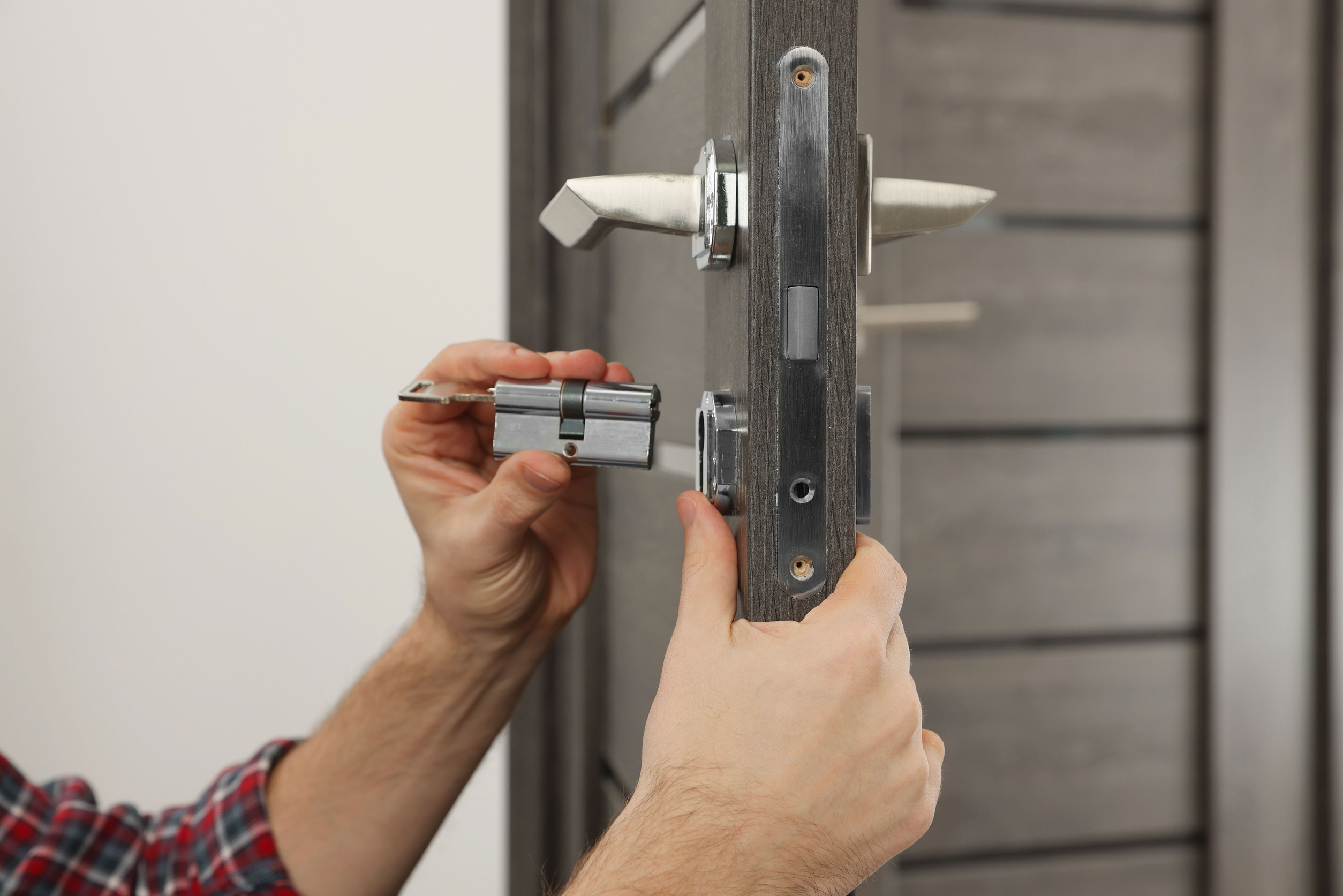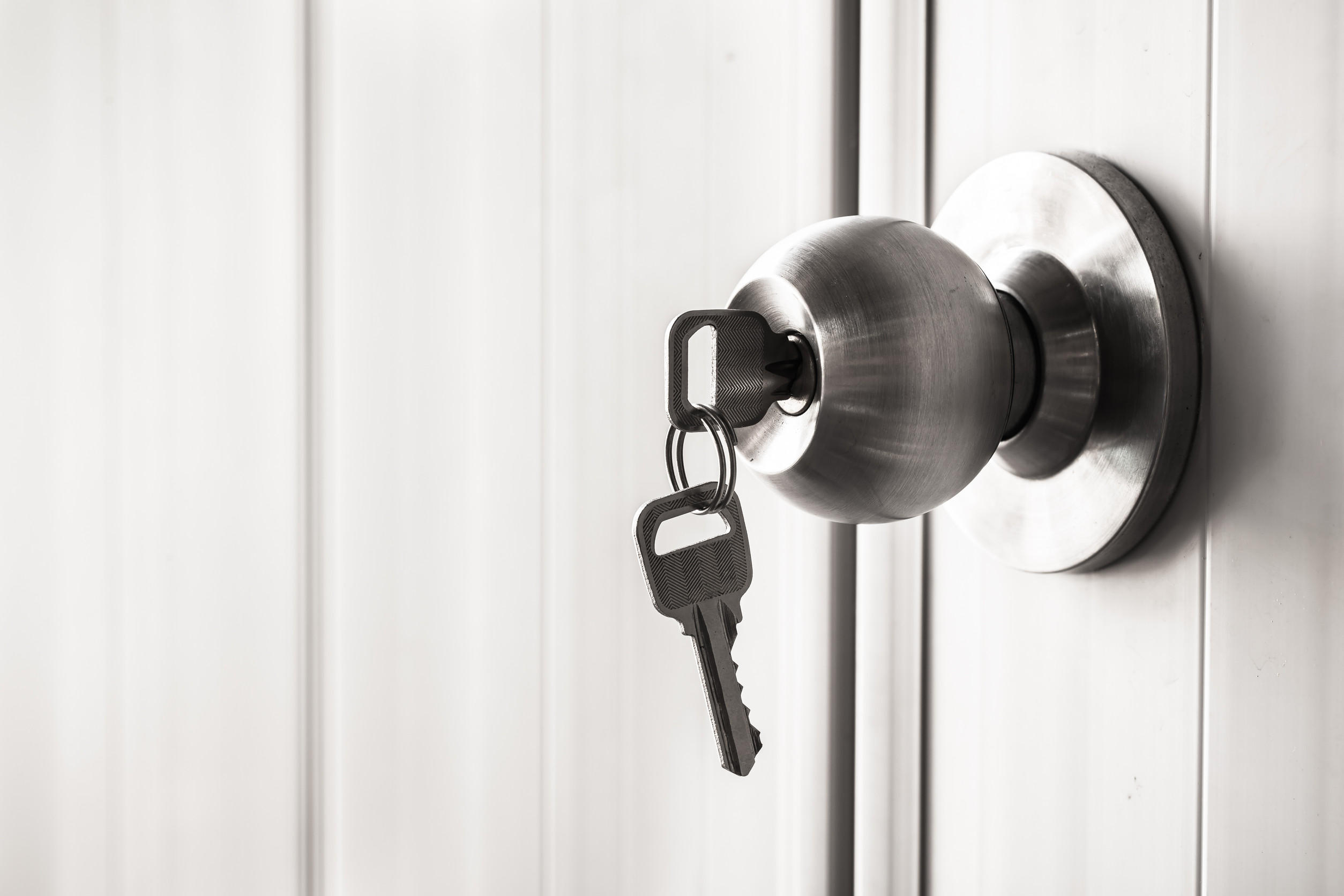
Imagine returning home after a weekend getaway to find your apartment door lock changed. No warning. No heads-up. Just a new key—or worse, no key at all. While this might seem like a minor hassle or an annoying landlord oversight, it could blow up into a much bigger issue: your renters insurance might not cover you anymore.
Yes, something as small as a door lock swap can strip away the financial safety net you thought was in place.
Insurance Relies on Consistency and Transparency
Insurance companies operate on risk evaluation based on the information they’re given. When you sign up for renters insurance, the insurer assesses the security of your rental based on how it’s described at the time of application. This includes the type and number of locks on your doors and whether they’re deadbolts, smart locks, or traditional key locks. Change any of those without updating your insurer, and you’ve unknowingly changed the risk profile they’re underwriting. That can give them a legitimate reason to deny claims or even void your entire policy.
Unauthorized Lock Changes Signal a Red Flag
To an insurance company, a changed lock without notice isn’t just a tweak—it’s a potential liability. It suggests that the property may have been accessed by unauthorized individuals or that security has been compromised. Even if the new lock is more secure, the fact that it wasn’t disclosed matters more than the upgrade itself. Unauthorized modifications are treated as breaches of the agreement between policyholder and insurer. This violation gives the insurer a reason to walk away from covering future losses.
Your Policy Includes Assumptions About Property Access
Renters policies typically assume that both tenant and landlord retain access to the unit under standard legal terms. Changing a lock without involving the landlord can create legal confusion about who can enter the property and under what circumstances. It might also violate the lease agreement, leading to conflicts that further complicate insurance claims. If a claim is made—say, for theft—and the insurer finds that access was restricted or undocumented, they might question the legitimacy of the loss. The whole scenario creates ambiguity, and insurers hate ambiguity.
Some Policies List Locks Explicitly
Certain renters insurance policies get specific about security features, naming them outright in the policy document. If your agreement mentions a particular brand or type of lock and you switch it out without notice, you’re no longer covered under the terms you agreed to. Even worse, if the new lock fails to meet the policy’s minimum standards, your home may be considered undersecured. Insurers could argue that you misrepresented the facts when the change wasn’t reported. That alone can result in denial of claims or even cancellation of the entire policy.

Claims Can Be Denied Retroactively
Let’s say your place gets broken into a month after a lock was replaced without notice. You file a claim, expecting compensation for stolen items and damage. But the insurer launches an investigation and discovers the lock was changed, and no update was made to the policy. Suddenly, they aren’t just denying this one claim—they could revoke coverage for the entire incident. In some cases, they may declare the policy void from the moment the lock was changed, meaning you’re left with nothing.
Landlords Might Violate Insurance Rules Too
It’s not always the tenant who makes unauthorized changes—sometimes landlords take matters into their own hands. If a landlord changes the lock without notifying the tenant, and without either party informing the insurer, the consequences are the same. Renters insurance is often based on mutual property access, so any change to that arrangement alters the risk landscape. If a break-in occurs and the insurer learns the landlord tampered with the locks, that may still count as a policy violation. The tenant could be punished for something they didn’t even authorize.
Documentation Is Your Safety Net
If a lock change is necessary—for whatever reason—document everything. Whether it’s a burglary, malfunction, or a personal safety issue that prompts the change, make sure to inform your landlord and your insurance provider. Insurers are far more forgiving when they’re brought into the loop proactively. Keep receipts, installation dates, and communications on record to prove that changes were legitimate and approved. Transparency doesn’t just help you avoid denied claims—it builds a record that can protect you during disputes.
Lease Agreements and Insurance Are Intertwined
Your renters insurance policy often assumes you’re complying with your lease agreement. Many leases include clauses that prohibit altering locks without landlord permission. If you break that rule, you’re not just risking eviction—you’re also invalidating the assumptions your insurance policy is built on. Insurers may point to that lease violation as a breach of contract on your part. That gives them a legal excuse to avoid paying out, no matter how legitimate your loss seems.
Upgrading Locks Doesn’t Guarantee More Protection
Many tenants change locks to feel safer, especially in older buildings with worn-out hardware. But security upgrades don’t automatically mean better insurance coverage. If your policy wasn’t updated to reflect the new locks, those improvements may not be considered in the event of a claim. Worse, the insurer may treat the unreported change as non-compliance. It’s ironic, but true: trying to make your home more secure can actually put you at greater financial risk if you skip the paperwork.
How to Stay Covered the Right Way
The key to keeping your renters insurance valid is communication. If you need to replace a lock, notify your landlord first and then your insurer. Request confirmation from both parties that the change is approved and recorded. Provide updated photos or documentation if needed so your insurer can adjust your coverage if necessary. Doing this small bit of admin could be the difference between a successful claim and an expensive disaster.
A Tiny Key Can Unlock Big Problems
Changing a lock might feel like a quick fix or a smart security move, but it has ripple effects that reach all the way to your insurance provider. When it’s done without notice, that single act can unravel your entire renters policy and leave you vulnerable at the worst possible moment. Insurance isn’t just about having a policy—it’s about keeping it valid with honest, consistent information. So before touching that lock, stop and think: who needs to know?
Share your thoughts or drop a comment—has a lock change ever impacted your insurance situation?
Read More
Why Some Landlords Are Now Tracking Water Usage to Spot Lease Violations
10 Things Landlords Are Now Legally Banned From Doing
The post How Replacing One Door Lock Without Notice Can Invalidate Your Renter’s Policy appeared first on Everybody Loves Your Money.







